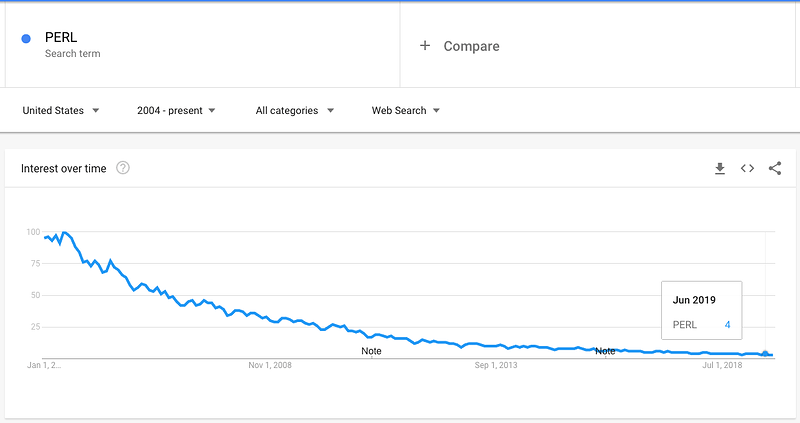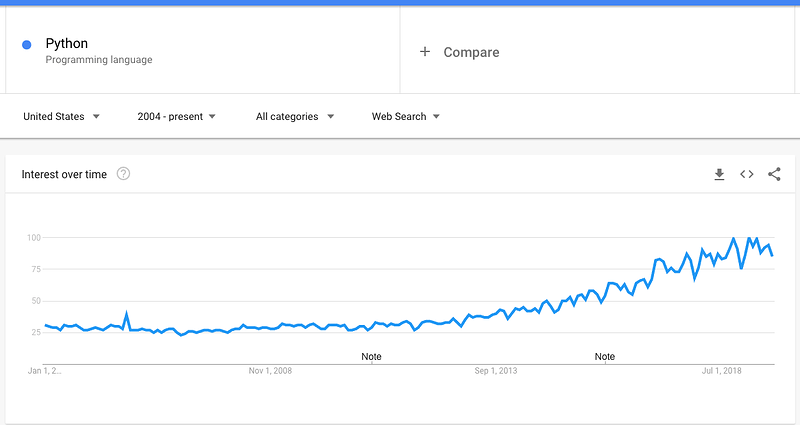Having "said all that" and "read all that" .... and now veering off topic ....
I have always admired people who "do" versus those who talk about "doing". Everyone "talks".... but "doing the talk" is a whole different story. That is why I never recommend being "certified" and always promote "building projects and applications".
So, when someone writes code to solve a problem, automates some process, or processes some data (what ever it is), in any language, especially beginners - I think that is much more interesting that the person who comments and critiques the work of others, touts one programing language over another, pushes commercial driven "standards" at every instance, but rarely actual creates nor releases any software of "operational value".
The "engineering ethic" (at least the one thought in the universities I attended way back when) is that engineers design and build for the benefit of society; and there is no "ethic" that the code must be written in PERL or Python, KSH, Bash, Javascript, PHP, using "this or that rigid design philosophy" or whatever. Nor is there any "ethic" that all artists use the same media or painters all paint with the same colors and brushes.
Like many here, I code for production applications nearly every day (even if only for an hour in a single day). This weekend I worked on a Javascript-based application and a PHP-based app. I enjoyed both. Both were production apps used by millions of users every year, in one way or the other. It does not matter for me if I was building the feature from scratch, reverse engineering a good idea, bug fixing an app, or upgrading one. It is all "constructive fun" and good for the mind, soul and spirit.
For those reasons and more, I like when wisecracker and others post their creative work, regardless of the programming language they choose. It's all the same to me, for the most part: reading and writing files (data), conditional branching and loops, pattern matching and extraction, etc. it's like ordering food. If I the menu is in English, Thai, French, Chinese or German, it is still "food", at the end of the day,
Everyone should follow their own dreams and learn as much as they can (all the time, everyday); and unlock their own creative abilities and interests. Most of all, we should stop worrying about what others say or do; because in the end, what matters is what we do (ourselves), not what other people, especially those of strong opinion and forceful voice, do. Always keep the mind of the "beginner" even when you are very good at many things.
Keep up the good work wisecracker, the world needs more talented, creative people like you; and thanks for sharing your creative work here at UNIX.com.


